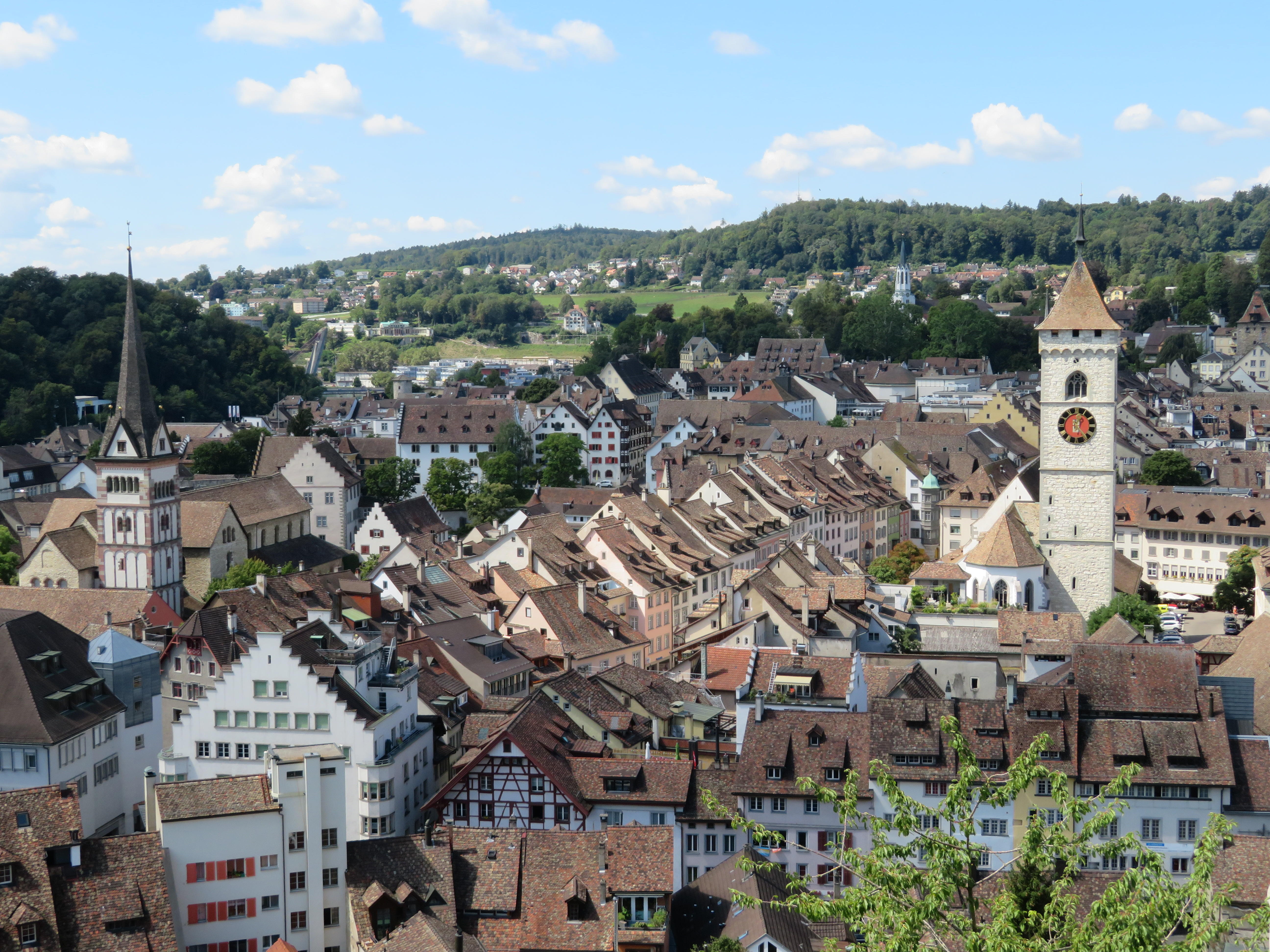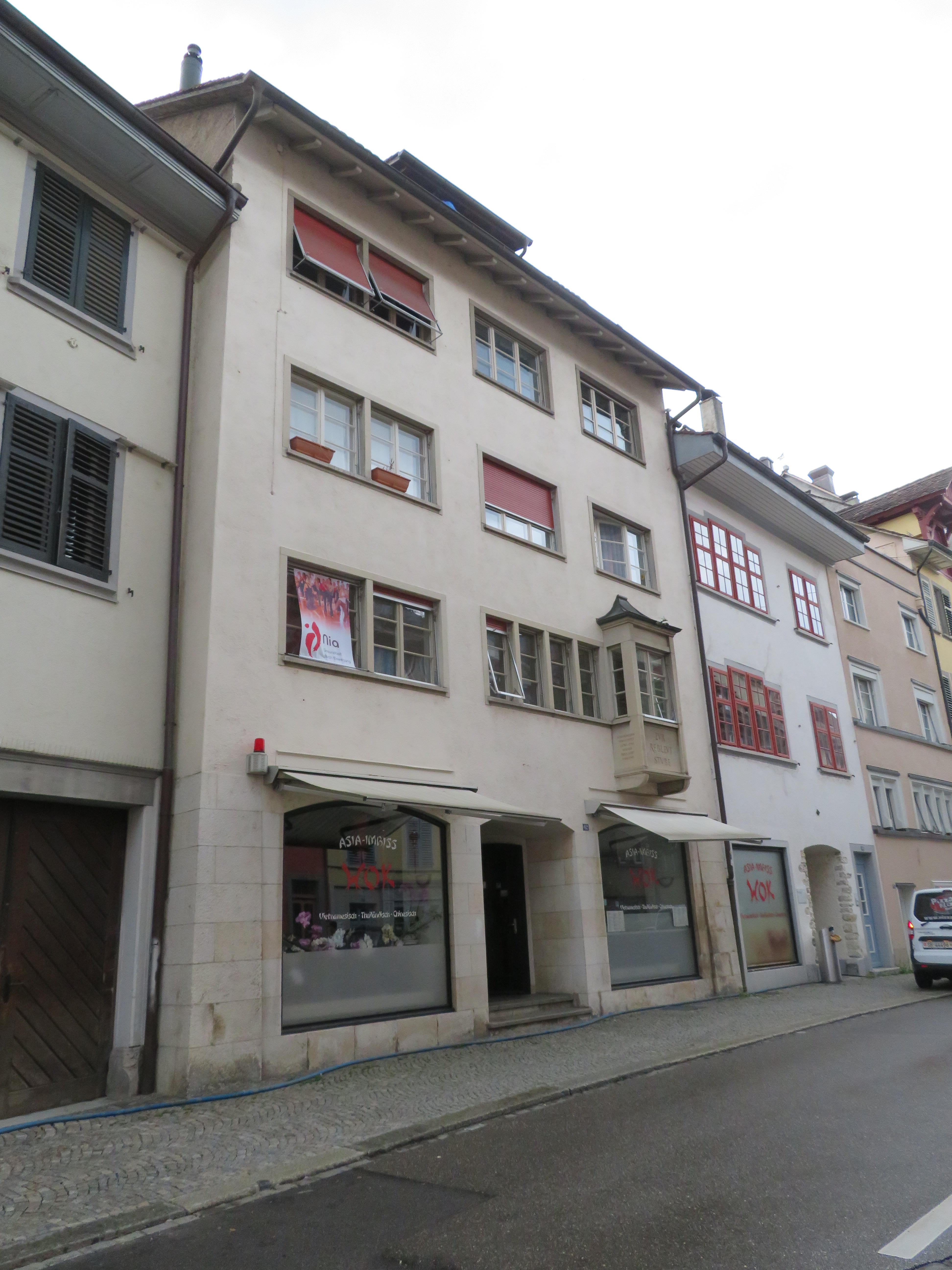Until now, my research has looked at the relationship between reformational ideology and popular movements during the first half of the 16th century, mainly focusing on rural villages in northern Switzerland. Since the Middle Ages, rural communities in Switzerland and southwestern Germany had a tradition of protesting, on the basis of the community, against feudal lords to uphold old laws and protect their autonomy. Propelled by the momentum of Martin Luther and Ulrich Zwingli’s newly founded theological Reformation, communal movements developed, culminating in the German Peasants’ War (Bauernkrieg) in 1525.
At that time, the formation of the territorial states and the progress of social mobility shook the old feudal order, leading to various social tensions and conflicts. Of those, I have studied and analyzed complaints and grievances of peasants in particular as they relate to the issue of serfdom, which forced serfs into personal servitude. For serfs, freedom of emigration to other territories was restricted or prohibited, they were not allowed freedom of marriage and were obligated to pay heriot (Todfall), which was similar to inheritance taxes in today's terms, and other taxes as well as to provide arbitrary labor service (ungemessenen Frondienst), which often went unregulated and uncompensated. Swiss peasants, inspired by the theology of the Reformation, submitted many written grievances to the feudal lords, pleading for freedom from serfdom, as resistance to the reaction of the feudal system swelled and the autonomy of communities was being violated.
Based on my previous research findings of these rural societies, I intend to expand the scope of my analysis to 16th-century urban communities. In particular, I would like to empirically clarify the role and structure of the urban community, as exemplified in the adoption of the Reformation in the imperial free city of Schaffhausen in Switzerland. Ultimately, Schaffhausen officially implemented measures to bring about the Reformation in September 1529. Still, in conjunction with the German Peasants’ War in 1525, a rebellion of vinedressers broke out in the city. Following its suppression, the leaders and reformist preachers were punished, delivering a major setback to the Reformed movement. I’m currently investigating the question of why vinedressers, in the imperial city of Schaffhausen, had an armed uprising against the city government despite having the right to speak to the city council.




